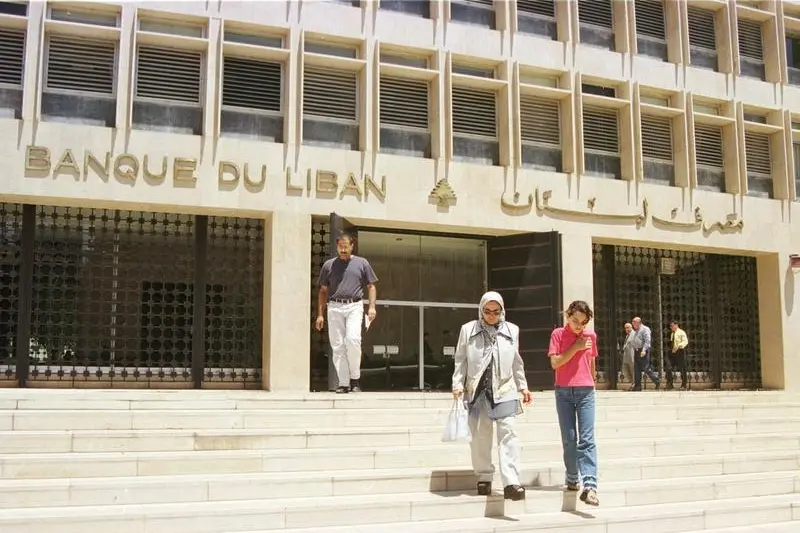PHOTO
BEIRUT- Lebanon's central bank introduced new steps on Tuesday to provide commercial banks with U.S. dollars to support imports of fuel, wheat and medicine, after some importers complained they had been unable to meet their needs at the pegged exchange rate.
The move led the Lebanese pound to strengthen against the U.S. dollar on a black market that has emerged of late, three sources familiar with the market said. Lebanon's dollar-denominated government bonds also climbed.
Last month, gas stations closed in a one-day strike because their operators said they could not secure dollars at the official exchange rate and were being forced to pay more in the parallel market. Millers complained of the same problem.
The central bank said in a communique that commercial lenders must ensure the credit lines were used exclusively for imports of fuel, wheat and medicine. Special accounts must be opened with the central bank for each purchase and it would get copies of all documents related to each transaction.
Central bank Governor Riad Salameh said on Monday that the measures would ease pressure on dollar demand at currency exchange shops.
The move led the Lebanese pound to strengthen against the U.S. dollar on the parallel market, where the local currency has recently weakened below the official pegged rate, said Marwan Mikhael, head of research at Blominvest Bank.
The parallel market rates on Tuesday were 1,540 and 1,550 pounds to the dollar, Mikhael said. A second source gave a rate of 1,555. On Monday, two sources put the rate at 1,570. Last week it changed hands at 1,600 pounds or higher.
The official exchange rate is 1,507.5 to the dollar.
The emergence of the parallel market for U.S. dollars has reflected wider economic problems afflicting Lebanon, a heavily indebted state that has suffered years of low economic growth and a slowdown in capital inflows from abroad.
The pound has been pegged at its current level for more than two decades.
"The central bank is freeing more foreign currencies for banks," Mikhael said.
Saddled with one of the world's heaviest public debt burdens at 150% of annual gross domestic product, Lebanon's government has declared an economic emergency to try and get its finances under control.
The central bank's foreign assets, excluding gold, fell around 15% from an all-time high in May last year to $38.7 billion in mid-September. The central bank said it had received a $1.4 billion dollar boost in late August from private depositors.
Reflecting the increased pressure on Lebanon's finances, Fitch ratings agency recently downgraded it deep into junk territory. Rival ratings agency S&P Global kept Lebanon's credit rating at B-/B but warned that it could be lowered, saying it considered its foreign exchange reserves sufficient to service government debt in the "near term".
(Reporing by Tom Perry, Laila Bassam in Beirut, Nadia El-Goweily in Cairo and Tom Arnold in London; Editing by Kim Coghill and Chizu Nomiyama) ((thomas.perry@thomsonreuters.com; Reuters Messaging: thomas.perry.reuters.com@reuters.net))





















